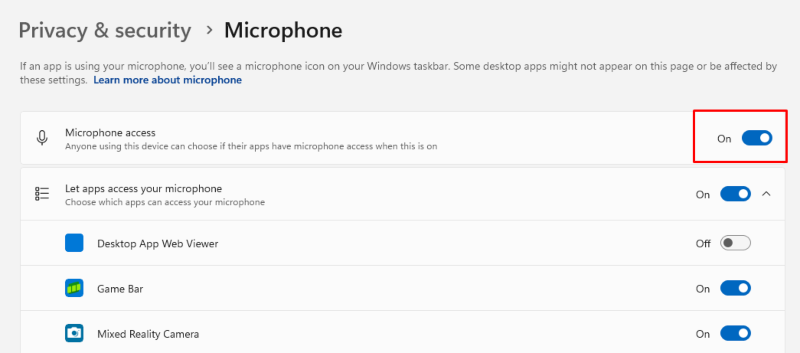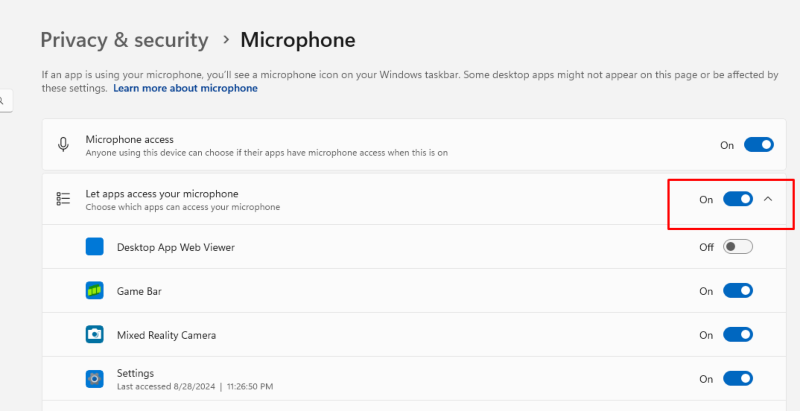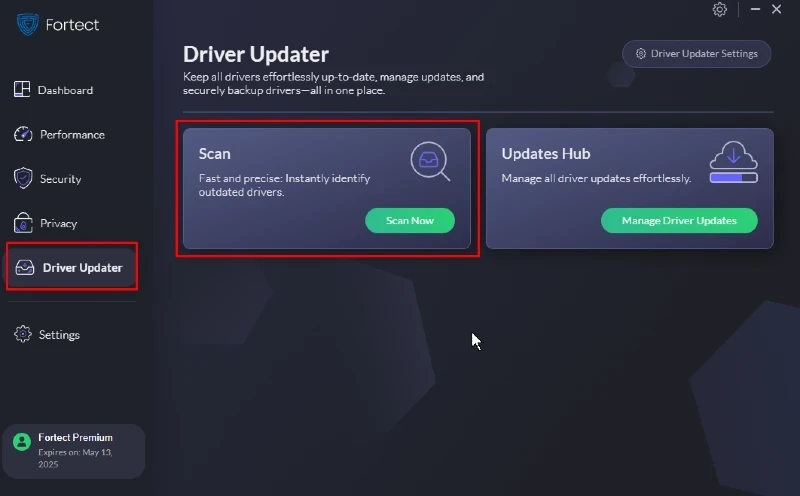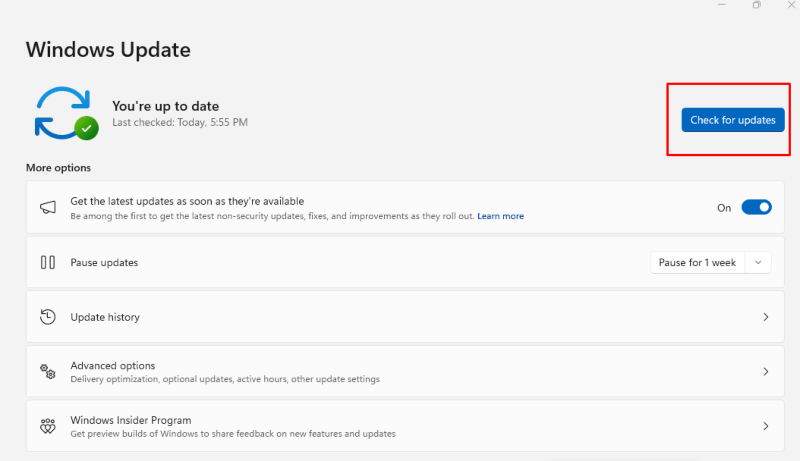How to Fix Windows 10 Microphone Not Working
Windows 10 microphone not working is a common issue that can be frustrating. The good news is that there are several simple fixes you can try.
Fortect guide will walk you through various troubleshooting steps to help you get your Microphone back up and running.
Common Causes of Microphone Issues
- Outdated or corrupt drivers
- Incorrect sound settings
- App permissions blocking microphone access
- Muted or disabled Microphone
- Hardware problems
9 Ways to Fix Windows 10 Microphone Not Working
Check Microphone Connection
First, make sure your Microphone is correctly connected to your PC. If using an external microphone, ensure it is plugged into the correct port. For USB microphones, try different USB ports. For 3.5mm jack microphones, make sure it’s inserted into the correct audio jack.
If you use a headset with a built-in microphone, ensure all connections are secure and functioning correctly. Sometimes, replugging the Microphone can resolve connection issues.
Ensure Microphone is Enabled
Microphone should be turned on. Sometimes, the Microphone might be turned off in your system settings. To check if it’s enabled:

- Right-click the speaker icon in your taskbar and select Sounds.
- Go to the Recording tab.
- Right-click your Microphone and choose Enable if it’s not already enabled.
- Speak into the Microphone and check if the sound levels move.
By enabling the Microphone in the sound settings, you ensure that your system is detecting the Microphone.
Adjust Microphone Volume
A common reason for microphone issues is incorrect volume settings. If the microphone volume is too low or muted, Windows 10 may not pick up your voice. To fix this:
- Right-click the sound icon in the taskbar and choose Sounds.
- Select the Recording tab.
- Right-click your Microphone and select Properties.
- Go to the Levels tab and adjust the volume slider to an appropriate level.
- Make sure the Microphone is not muted.
Increasing the microphone volume ensures that it picks up sound.
Check App Permissions
If your Microphone works in some apps but not others, it could be a permissions issue. Windows 10 allows you to control which apps have access to your Microphone.

- Open Settings by pressing Windows + I.
- Go to Privacy, then select Microphone from the sidebar.
- Ensure that Allow apps to access your Microphone is toggled on.
- Scroll down and enable microphone access for specific apps you need.
This ensures that your apps have the necessary permissions to use your Microphone.
Update Audio Driver
An outdated or corrupt audio driver can cause your Windows 10 microphone to stop working. To fix this:
- Update the microphone driver by going to Device Manager.
- Expand the Audio inputs and outputs section, right-click on your Microphone, and select Update driver.
- Choose the option to search for updated driver software automatically.
Once updated, restart your computer to ensure the new driver is applied correctly.
Or better yet, consider investing in a third-party PC solution with a driver updater like Fortect. Fortect Premium automatically scans all the drivers on your Windows PC, identifying which ones are outdated or faulty. Once detected, it provides real-time updates and instantly updates the outdated drivers, optimizing your system’s performance.

Download and install Fortect now for a seamless, efficient driver update process.
Use Windows Troubleshooter
Windows has a built-in troubleshooter to identify and fix audio issues, including microphone problems.
To run the troubleshooter:
- Open Settings and go to Update & Security.
- Click Troubleshoot from the left-hand menu.
- Under Find and fix other problems, select Recording Audio.
- Click Run the troubleshooter and follow the on-screen instructions.
The troubleshooter can automatically detect and fix microphone-related issues.
Set Your Microphone as Default Device
Windows may select the wrong Microphone as the default input if you have multiple audio devices connected. To fix this:
- Right-click the sound icon in the taskbar and choose Sounds.
- Go to the Recording tab.
- Right-click on your Microphone and select Set as Default Device.
This ensures that your preferred Microphone is being used to record audio.
Disable Audio Enhancements
Sometimes, audio enhancements enabled by Windows can cause microphone issues. Turning off these enhancements may resolve the problem.
- Right-click the sound icon and select Sounds.
- In the Playback tab, right-click your audio device and choose Properties.
- Go to the Enhancements tab and check Disable all enhancements.
- Click Apply and OK.
Turning off these enhancements can prevent conflicts that may affect your Microphone.
Check for Windows Updates
Windows updates often include bug fixes and patches for known issues, including microphone problems. Make sure your system is up to date.

To check for updates:
- Open Settings and go to Update & Security.
- Click Check for updates and install any available updates.
Keeping your system updated helps ensure your Microphone and other hardware work as intended.
Conclusion
Fixing a non-working microphone on Windows 10 can be as simple as adjusting settings, updating drivers, or ensuring proper connections. Following these troubleshooting steps, you should be able to resolve any microphone issues and get back to using your device without problems.
Regularly checking your drivers and keeping your system up to date will help prevent future audio problems.




